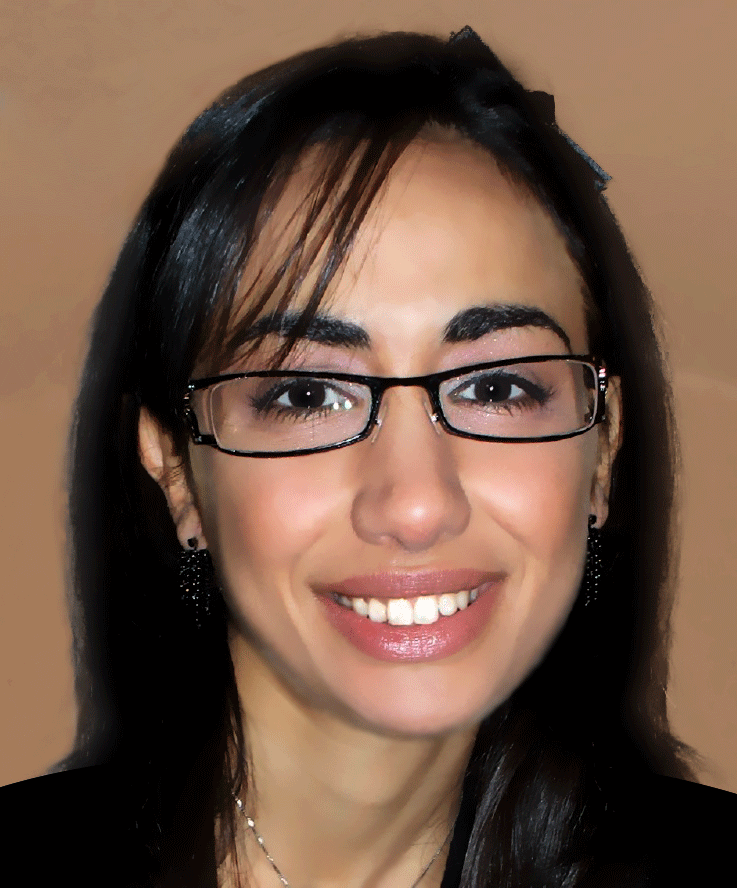Luana Micallef tells us about her career starting from a young computer scientist at Microsoft and CERN to helping treating cancer.
First, become a computer scientist. Second, study abroad. Third, work at Microsoft and CERN—one of the world’s largest nuclear research centres. Fourth, get a Ph.D.. Did I plan this since I was a child? No, not really. I was fortunate enough to have tutors who helped me recognise my abilities and the career I should pursue. My career was kick-started by the opportunities provided by the academic institutions I attended.
I graduated with a B.Sc. (Hons) degree in Information Technology from the University of Malta in 2008. A year before, I was chosen by University to be the computer scientist in the first group of Maltese students to work at CERN over summer. That year, my group was selected to compete at the Microsoft Imagine Cup with a system we had devised for a course module. The system was deployed in a primary school in Malta, where 30 students in a class could each participate in the computer activities using only 8 computers. This system made it to the finals and we were awarded an internship with Microsoft Research to help improve education in India.
These enriching experiences encouraged me to pursue a research career and to further my studies. The inspirational people I met helped me realise that with hard work, passion, determination, and perseverance anything is achievable. You just have to believe in yourself and give it a go. If you fail, you try again. Failures just help us strengthen our weaknesses—a mentality often forgotten in our culture.
The University of Kent awarded me a postgraduate Ph.D. scholarship in the area of information visualisation. I devised computer methods to facilitate the analysis of groups in data through visualisations. These data groups are commonly found in areas like medicine and criminology. One of these methods featured in a New York Times Science article and on the US Department of Energy National Laboratory website, while another was used to help patients understand the likelihood that they have breast cancer when diagnosed with a positive mammography.
As a Ph.D. student, I tried not to lose any opportunity to learn and get involved in my scientific research communities. For instance, I interned with INRIA (the current top European Computer Science research centre), gave a featured talk to the Charlotte Analytics and Big Data Society, helped organise conferences, got a National Security Agency scholarship for the Grace Hopper Celebration of Women in Computing, and attended the Google EMEA Scholarships Retreat. The list of opportunities for Ph.D. students is endless, especially for women in science. You just have to be active and look for them.
After completing my Ph.D. I was appointed a Research Fellow at the University of Kent. A few months ago, I moved to Finland where I am now a Postdoctoral Researcher at the Helsinki Institute for Information Technology. I am also an Honorary Research Fellow with the University of Kent. My current research is trying to help clinicians determine the right treatment for a cancer patient through visualisations.
I could only achieve all that I have thanks to my mentors, my role models, and my failures. And now? I just keep an eye out for new exciting ventures and other inspirational role models, while trying to support the next generation of researchers.





Comments are closed for this article!